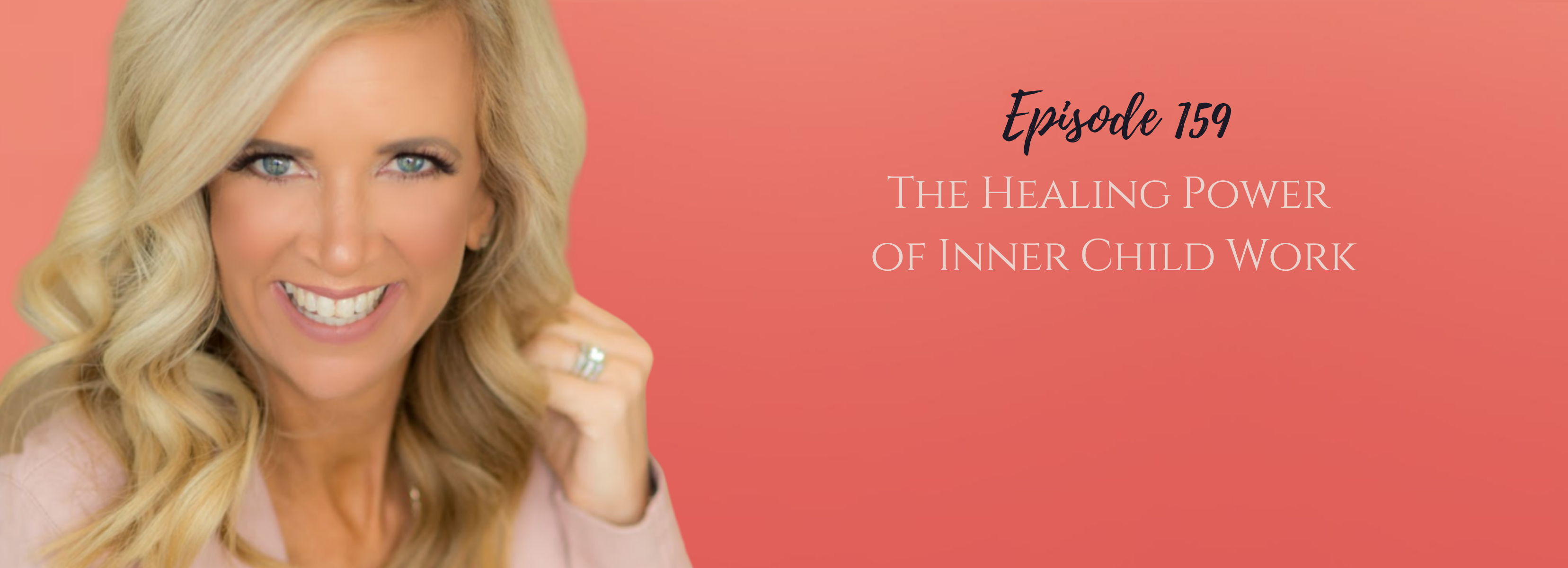
The Healing Power of Inner Child Work| 5.4.2022
In this episode, Kristen talks about inner child work, why it's so powerful, and what are the ways to start your inner child healing.
You'll Learn
- What is inner child work
- How does inner child work transform you and your family system
- Reparenting your self
- How to begin your inner child work
Resources
For counseling services near Indianapolis, IN, visit www.pathwaystohealingcounseling.com.
Subscribe and Get a free 5-day journal at www.kristendboice.com/freeresources to begin closing the chapter on what doesn’t serve you and open the door to the real you.
Subscribe to the Close the Chapter YouTube Channel
This information is being provided to you for educational and informational purposes only. It is being provided to you to educate you about ideas on stress management and as a self-help tool for your own use. It is not psychotherapy/counseling in any form.
[fusebox_transcript]